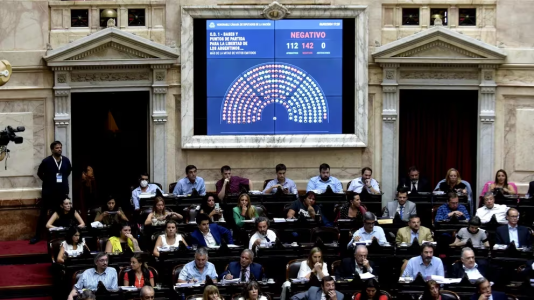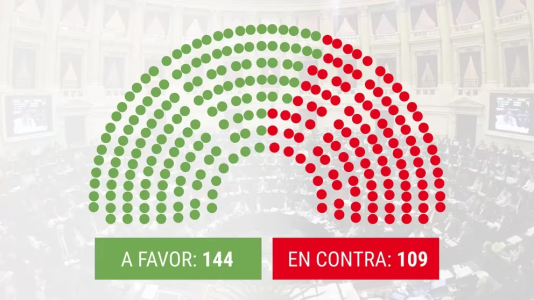ArtmikeGG
Member
The "Omnibus" law, announced with enthusiasm by the Executive, had a bumpy ride in the Argentine Congress. In spite of its initial approval, it returned to commissions and remained stagnant. During its treatment, there were mistakes and inexperience on the part of the ruling party, as well as maneuvers by the opposition. The failure to comply with the first legislative commandment, i.e., to go to the chamber without the necessary votes, was evident.

The presence of Luis Caputo as an absent official in the presentations and the lack of clarity in the official version of the bill were some of the stumbling blocks. In spite of the debates in commissions, an opinion was reached which generated more problems than solutions, and several legislators were discredited.
The opposition, especially the pro-dialogue sectors, also had their share of responsibility for not being able to control their own legislators. Despite the pressures and last minute proposals, the vote in particular revealed discrepancies and anticipated defeats for the ruling party.

The future of the omnibus law is uncertain, especially with the absence of Milei and the need to negotiate with questioned ministers. Although the President continues to expose the opposition, his main challenge remains inflation.

 www.infobae.com
www.infobae.com

The presence of Luis Caputo as an absent official in the presentations and the lack of clarity in the official version of the bill were some of the stumbling blocks. In spite of the debates in commissions, an opinion was reached which generated more problems than solutions, and several legislators were discredited.
The opposition, especially the pro-dialogue sectors, also had their share of responsibility for not being able to control their own legislators. Despite the pressures and last minute proposals, the vote in particular revealed discrepancies and anticipated defeats for the ruling party.

The future of the omnibus law is uncertain, especially with the absence of Milei and the need to negotiate with questioned ministers. Although the President continues to expose the opposition, his main challenge remains inflation.
Ley Ómnibus: cronología de un final anticipado por incumplir el primer mandamiento del Congreso
El proyecto llegó al recinto sin votos, tras un trámite tedioso en comisiones. Como sucede hace más de 20 años, Miguel Pichetto fue el primero en advertir lo que iba a ocurrir. Todo vuelve a foja cero

